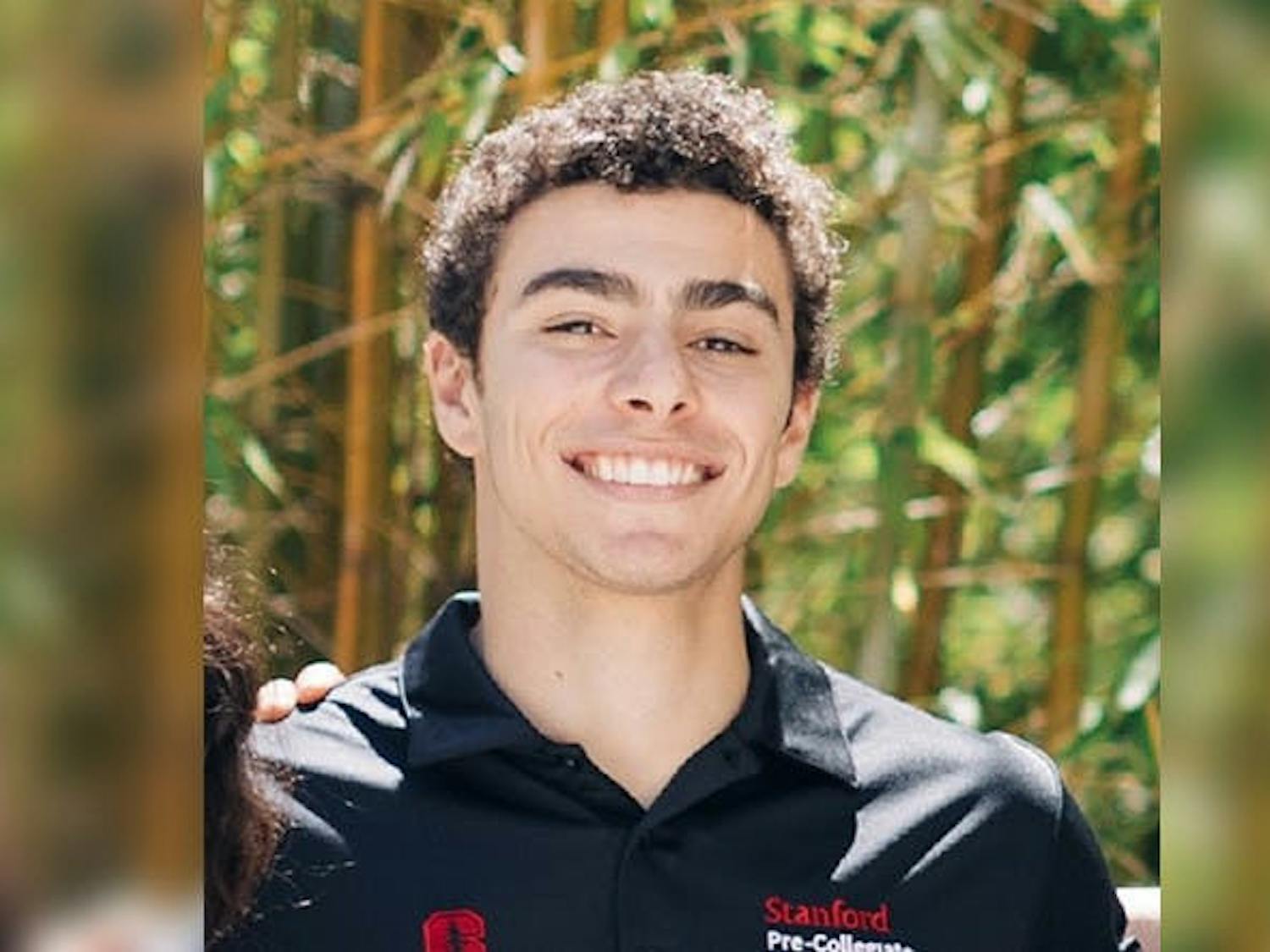A report on campus life, commissioned by the president almost two years ago and released Tuesday, urges that the relocation of fraternities be considered in the diversification of Locust Walk. The report calls on the committee working to diversify Locust Walk to recognize "the strong sentiment we heard in the course of our deliberations for the relocation of the fraternities away from the center of campus." President Sheldon Hackney, who formed the Locust Walk committee last semester, said this fall he would not force the 11 Walk fraternities to relocate from their houses. The report had been compiled before Hackney made the announcement. History Professor Drew Faust, who chaired the committee releasing the report, said last night that the Walk committee could offer "carrots" to entice fraternities to leave. She added that her committee felt that a "plural" Walk could not exist if fraternities are allowed to remain where they are. Beyond discussion of Locust Walk, the report was strongly critical of the fraternity system as a whole, questioning its ability to contribute to a plural community. "We found in our discussions . . . that fraternity members are associated with continuing acts of incivility and insensitivity to women and minority groups," the study states. "Fraternities are widely viewed as a significant obstacle to the growth of pluralistic attitudes on campus." "We heard considerable sentiment for abolishing the Greek system entirely," the report continues. "But we recommended instead to focus for the time being on the issue of the fraternity presence on Locust Walk." The recommendations on fraternities is part of a 26-page report which suggests wide ranging structural and administrative changes to make the University a more plural community. Faust said that while the report sets high goals, she feels the University could meet many of the challenges. Among the major themes of the report -- which has been dubbed the Faust Report -- is a distinction between a "diverse" campus and a "plural" campus. The report says a diverse campus is one "in which individuals from various groups are merely present" whereas in a plural community, "individuals and groups maintain their separate identities, yet come together in a community enriched by both its members' differences and their similarities." The Faust Report is divided into four major sections, all focusing on creating pluralism. One section, titled "The Problems and Symbols of Physical Space," examines the way campus residences' locations and structures can affect campus life and includes discussion of Locust Walk. It states that faculty, students and staff see the fraternity-dominated Walk "as a site of racial and sexual exclusivity, and, too often, verbal and physical harassment." The study stops short of making specific suggestions about the Walk, saying those decisions should be left to the committee studying the problem. Among the other recommendations in the section is planning future residential facilities to better accomodate College House programs. Specifically, it mentions the Book Store and the parking lot at 34th and Chestnut streets as potential sites for future College Houses. It also says antiquated learning spaces "with desks fixed to the floor and faculty on raised platforms" creates an atmosphere that students should not look at each other or move and that "faculty should not lower themselves to the student level." Another section, "Our Commitment to Learning," deals with how the academic environment affects campus life. The section's recommendations include: · Having faculty examine the current curriculum to see "if it is consistent with the principles of pluralism," and if not, suggest ways to improve it. · Monitoring the rate at which minority faculty are hired in each department. · Developing a program to fund distinguished visiting faculty with "grounding in other cultures." The third section addresses "How We Interact," studying relationships between student groups, between students and faculty, and interaction of staff members with students and faculty. It also calls for exploration of how to get diverse student groups to interact with each other, and how faculty can better interact with students outside of the classroom. But Faust said that one of the "new and different" areas the report addresses deals with staff interaction with students and faculty. The report states that staff members often feel like "second-class citizens," adding that the most frequent "villains" in staff complaints were tenured faculty. The final section, called "A Community within a Larger Community," deals with the University's relationship with West Philadelphia. It states that the University should continue to support efforts in the community, but says they should be better coordinated. The report, printed in this week's Almanac, is open for comment by the University community and will be discussed at next month's University Council meeting.
The Daily Pennsylvanian is an independent, student-run newspaper. Please consider making a donation to support the coverage that shapes the University. Your generosity ensures a future of strong journalism at Penn.
DonateMore Like This
Here’s how Penn plans to celebrate America’s 250th anniversary
By
Arti Jain
·
17 hours ago
Van Pelt Library discontinues bag check security policy
By
Christine Oh
·
17 hours ago








